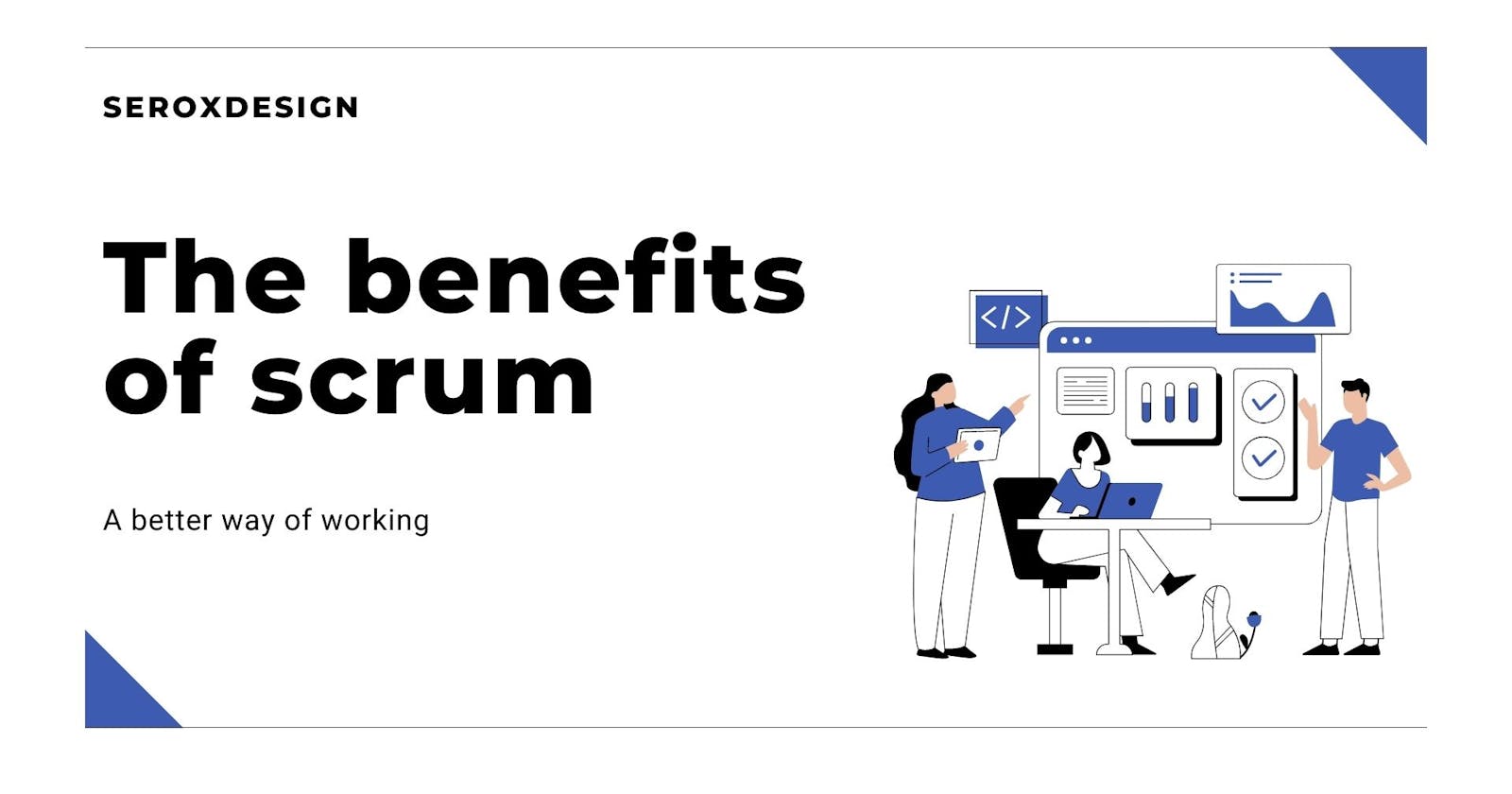Time is precious
Working as a developer requires you to be constantly plugged in. To stay ahead in the industry you have to a lot of time researching new tech, learning languages, and having conversations with other developers. On top of that, you also have to market yourself if you're a freelancer or hit your quotas if you're already employed.
How can we save our time?
After I got my first client and my career started kicking off I began to experience difficulties with my job and personal life, everything felt chaotic and my goals seemed out of reach.
To deal with this I began reaching out to senior devs, business people, project managers and many more professionals in tech. The question I always them was: How do you manage your time? More often than not I got recommended an agile-based framework called SCRUM.
What is Scrum?
Scrum is a philosophy built around project management, if you're learning a new programming language that counts as a project, so is working on a new app or refactoring an old one.
Scrum is based on three pillars:
Transparency: This means presenting the facts as is. Everyone involved in the project must maintain complete transparency in all their work. They have to trust, advise and encourage each other to hit their goals. Even if you work alone you have to make everything conscious. To learn from your mistakes and improve.
Inspection: To learn you must gain insight into what you've done, this builds on the first pillar. We look back at our work and document what worked and what didn't. We collect feedback from all of our actions and interactions, and we accept criticism regardless of how it feels.
Adaptation: Continuous improvement is the final pillar, the ability to grow based on what you learned during the inspection is what makes all your work good or bad ultimately worthwhile, regardless of whether or not you failed at the end of the day you documented your wrongs, and learned how to make them right. Now you won't spend time on something pointless, and the mistakes you've made become part of your success. By adapting you offer your clients, friends, and users constant improvements, keeping them around just one more day, every day.
Conclusions
Work is difficult and life is short, you have to treat each day like it's a gift. There is value in every situation as long as you stay honest, open-minded, and adaptive. I want to say thank you to the people who pointed me in the right direction and I hope Scrum works for you too.
Find my links through: serotonindesigns.com
